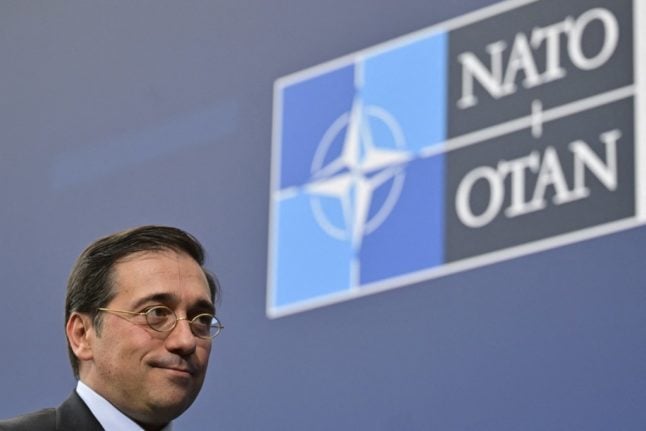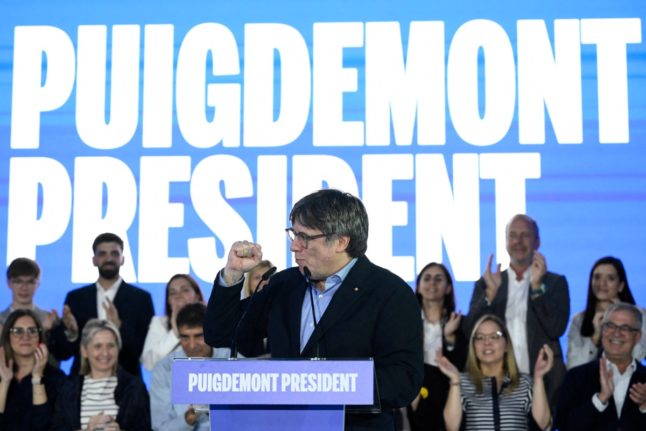Mali’s Foreign Minister Abdoulaye Diop wrote in a tweet that he had spoken by phone with his Spanish counterpart Jose Manuel Albares about the comments, which were made in a radio interview.
“He denied the remarks and expressed his attachment to friendly relations and cooperation with Mali,” wrote Diop.
Spain moved to calm the row Saturday, a day after a day the military regime in Bamako had summoned their ambassador for an explanation.
“Spain did not ask during the NATO summit or at any other time for an intervention, mission or any action by the Alliance in Mali,” said a statement from Spain’s embassy.
The row blew up over remarks by Albares in an interview Thursday with Spain’s RNE radio. Asked if a NATO mission in Mali could be ruled out, Albares said: “No, we can’t rule it out.”
“It hasn’t been on the table at the talks in Madrid because this is a summit that is laying out, so to speak, the framework for NATO action.”
“If it were necessary and if there was to be a threat to our security, of course it would be done,” he added.
Albares was speaking on the sidelines of the NATO summit as it drew to a close in Madrid. Diop had told state broadcaster ORTM on Friday that Bamako had summoned the Spanish ambassador to lodge a strong protest over the remarks.
READ ALSO: Nato apologises after hanging Spanish flag upside down at Madrid summit
“These remarks are unacceptable, unfriendly, serious,” said Diop, because “they tend to encourage an aggression against an independent and sovereign country”.
“We have asked for explanations, a clarification of this position from the Spanish government,” he added.
At the Madrid summit, Spain pushed hard to prioritise the topic of the threat to NATO’s southern flank caused by the unrest in the Sahel — the vast territory stretching across the south of Africa’s Sahara Desert, incorporating countries such as Burkina Faso, Chad, Mali, Mauritania and Niger.
Jihadist attacks there are pushing increasing numbers of people to flee north towards Europe, with Spain one of the main points of entry there.
READ ALSO: Spain’s capital ramps up security to host Nato summit
At the summit, NATO acknowledged the alliance’s strategic interest in the Middle East, north Africa and the Sahel.
Mali has since 2012 been rocked by jihadist insurgencies. Violence began in the north and then spread to the centre and to neighbouring Burkina Faso and Niger.



 Please whitelist us to continue reading.
Please whitelist us to continue reading.
Member comments